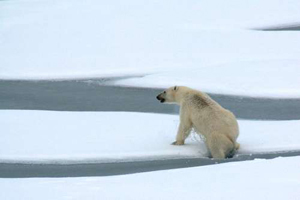Why are There so Many Species of Beetles and So few Crocodiles?
Answer may be ‘adaptive zones’ that limit species number, life scientists report
There are more than 400,000 species of beetles and only two species of the tuatara, a reptile cousin of snakes and lizards that lives in New Zealand. Crocodiles and alligators, while nearly 250 million years old, have diversified into only 23 species. Why evolution has produced “winners” — including mammals and many species of birds and fish — and “losers” is a major question in evolutionary biology.
Scientists have often posited that because some animal and plant lineages are much older than others, they have had more time to produce new species (the dearth of crocodiles notwithstanding). This idea — that time is an important predictor of species number — underlies many theoretical models used by biologists. However, it fails to explain species numbers across all multi-cellular life on the planet, a team of life scientists reports Aug. 28 in the online journal PLoS Biology, a publication of the Public Library of Science. (more…)

